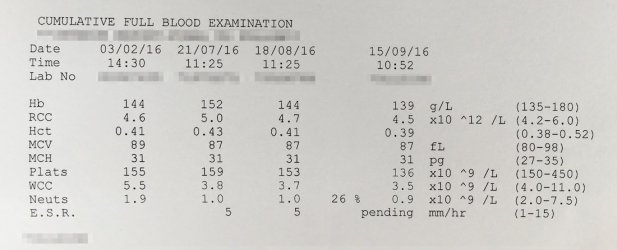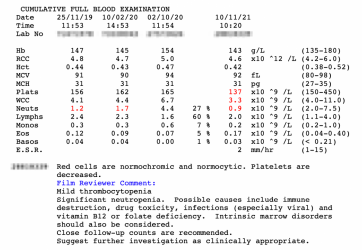- Joined
- Oct 13, 2013
- Posts
- 16,223
S9. There is an S9 schedule but you meant S8?.S9 drugs
The authorities are casting a more critical eye over prescribing of S8 and S4D.
The Japanese are also non S8 prescribing. When MrsQS broke her tibia/fibula all she got was paracetamol. No S8.
Trivia: S7 includes coughnic and cyanide
No heated tables per se but “active patient heating”. There is a thing called a “Bair Hugger” which is a Unit blowing air at 37-40deg via a thick hose connected to a disposable blanket with tiny holes to let the air through. The blanket covers the patient (except for the bit that is operated on). There is a danger of overheating if temperature is not monitored.heated operating tables
Similarly all intravenous fluids are also warmed to 40deg as part of active warming.
And any postop patient with temp under 35 basically causes the generation of a “please explain” to the anaesthetist.
A cold patient increases the chance of bad outcomes.
Trivia: They used the same unit and connected extension hoses to keep Stuart Diver alive and warm during the Thredbo landslide. He didn’t have the benefit of the blanket but in the confined spaces the hose was enough to keep him alive
Last edited:



















